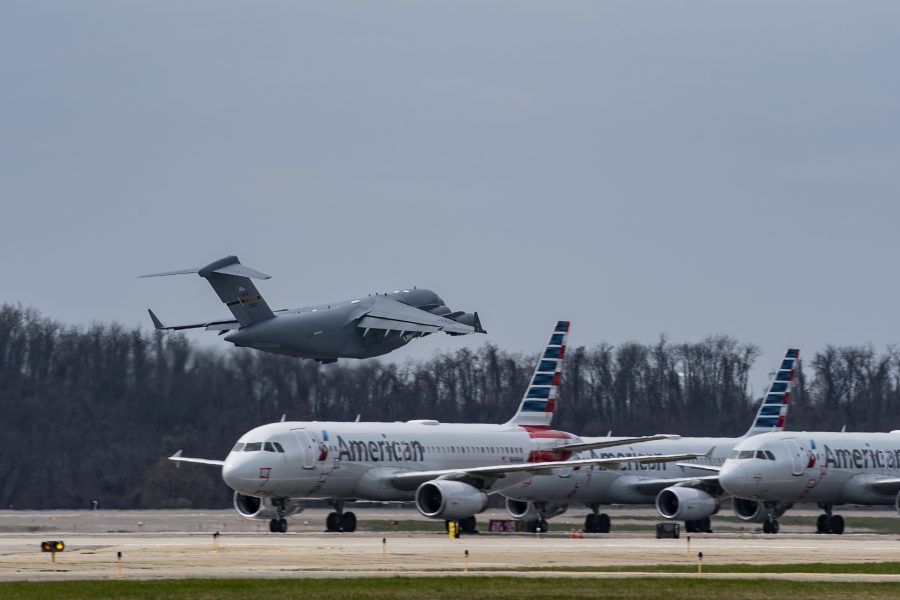The Defense Department is rescinding its travel restrictions for troops in nearly four dozen places, though several appear to fall short of the Pentagon’s requirements for freer movement.
The directive allows some military personnel to head to new jobs and temporary assignments, as well as for personal travel outside of work. A stop-movement order was in place from mid-March through May 26 to limit troops’ exposure to the coronavirus as it spread around the world.
The Pentagon on June 8 named 38 states, the District of Columbia, and five countries where it says conditions have improved enough to let personnel move more freely:
- Alabama, Alaska, Arizona, Arkansas, Colorado, Connecticut, Delaware, D.C., Georgia, Hawaii, Idaho, Illinois, Indiana, Iowa, Kansas, Kentucky, Louisiana, Maine, Maryland, Massachusetts, Mississippi, Missouri, Montana, Nebraska, Nevada, New Mexico, New York, North Dakota, Oklahoma, Oregon, Rhode Island, South Carolina, South Dakota, Tennessee, Texas, Utah, Washington, West Virginia, and Wyoming
- Bahrain, Belgium, Germany, Japan, and the United Kingdom.
To make the list, DOD says a jurisdiction must have ended its stay-at-home order or other travel restrictions; show a downward trend of reported flu and COVID-19 symptoms over the past 14 days; and show a two-week downward trend of new COVID-19 cases or positive tests.
But many of the places listed, like Arizona, Tennessee, Utah, and South Carolina, have reported an uptick in new cases or remained about the same over the past two weeks, according to New York Times data. For example, Arizona has seen its highest number of new cases in the past 14 days, exceeding 1,100 new cases on June 2, according to state health department statistics.
A Pentagon spokesman said June 8 he had not “personally checked the trajectories of each of the states” and pointed again to the criteria for resuming travel.
DOD said the Secretaries of each military department, combatant commanders, and the Pentagon’s chief management officer will assess each of their installations, facilities, and locations to decide whether travel restrictions can end.
“While the Coronavirus Disease 2019 (COVID-19) pandemic still presents risk to DOD service members, civilians, and their families, improving conditions warrant a transition in our approach to domestic and overseas personnel travel to a conditions-based, phased approach to personnel movement and travel,” Defense Secretary Mark Esper wrote in a May 22 memo. “While we make this transition, my priorities remain—protecting our service members, DOD civilian employees, and families; safeguarding our national security capabilities; and supporting the whole-of-nation response.”
Certain groups, like people traveling to basic training, for medical treatment, or because they are essential to a particular mission, are exempt from the travel rules.
“This … approach prioritizes the safety and security of our personnel, their families, and our communities, while balancing the need to advance service members’ career opportunities, unit rotational deployments, and other imperatives,” Esper wrote. “During this period of transition to unrestricted travel, the department will take measures to enhance travel safety, lessen the burden on DOD personnel and their families, and ensure continued operations.”
